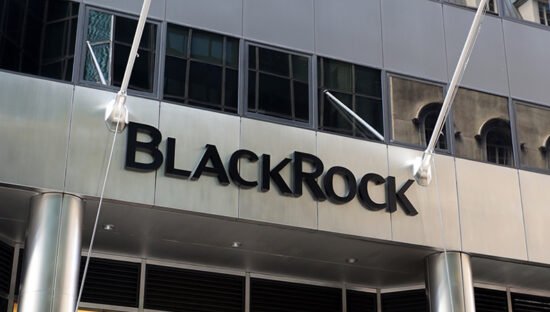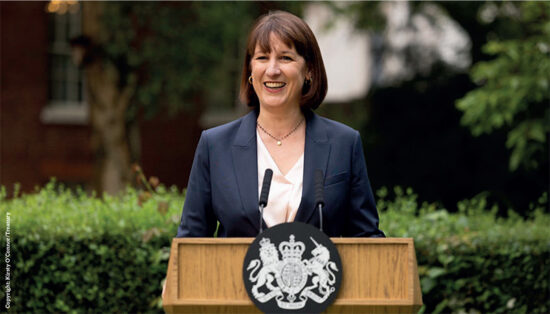The plans, which are known as Direct Recovery of Debts (DRD), will allow the Revenue to recover cash directly from the bank accounts, building society accounts and ISA accounts of debtors who owe £1000 or more.
After the plans were met with fierce criticism when they first announced in May, the Revenue has today introduced a variety of new elements to “provide certainty to taxpayers”.
These include guaranteed visits to debtors from an HMRC officer to meet them face-to-face, which it says will ensure that everyone subject to DRD will have a chance to challenge and settle their affairs.
“Enshrined in legislation”
It will establish a new, specialist unit to deal with cases involving “vulnerable members of society”, as well as providing a dedicated DRD team and helpine.
It will also ensure that judicial oversight of the recovery process is “enshrined in legislation” and can be appealed in County Court, and it will put a hold on debtors’ accounts for 30 days, giving them a chance to contact HMRC in order to arrange payments.
Additionally, it will introduce “further new safeguards relating to transparency, governance, and a phased implementation of the DRD powers”.
The Revenue said its initial safeguards, which included only applying powers to established debts and only targeting debtors who have repeatedly ignored attempts to make contact, were met with “constructive comments” across the industry.
In its initial proposals, the Government body also guaranteed that it would only take action against those with over £1000 of tax or tax credits debt, always leave a minimum of £5000 across debtors’ accounts, and only put a hold on the funds in the affected account up to the value of the debt.
It predicts that DRD will apply to around 17,000 cases a year, with an average debt for those affected of £5,800.
It said that over half of these cases will involve debtors with more than £20,000 in the bank.
“Levelling the playing field”
David Gauke, financial secretary to the Treasury, said DRD was about “levelling the playing field” by cracking down on the “very small minority” who deliberately refuse to correctly pay their taxes.
“We already set out robust safeguards to protect vulnerable debtors in our original DRD proposals, but feedback from the consultation process told us we could do more to make sure this only catches those who are playing the system,” he said.
“We’re far from the first country to take this step – many other tax authorities already use similar powers routinely and responsibly as a crucial lever for ensuring their government is paid what it is owed.”
Chas Roy-Chowdhury, head of taxation at the Association of Chartered Certified Accountants (ACCA) said the amended proposals were “light years” better than their previous form.
“While ACCA would have preferred the power were not being proposed at all, there will now be a totally different ethos behind the way it will be designed and implemented.
“It will no longer be played out as a remote controlled video game where HMRC remotely takes money out of the taxpayer’s accounts.”
He added that it is a “good day for taxpayer confidentiality” because the new powers will be restricted to only asking the bank or building society for the balance in the account, rather than 12 months’ information.
“From a preferential creditor’s point of view, we were concerned that HMRC would jump the queue with this power,” he added. “So we are pleased to also know that they will ensure this does not happen and will in fact repay to the liquidators any money ceased prior to the business going into liquidation.”








